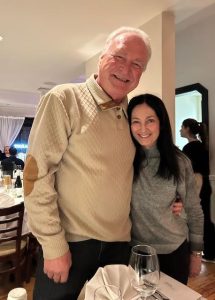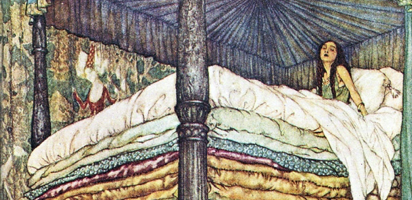Growing up in Michigan, where we have each season, I appreciated each one for its unique character, but autumn was always my favorite, with the glorious colors of the changing leaves, the crispness of the air, the bonfires we had after we helped my dad rake the leaves (no longer permitted, but I did love the smell), the rustle the leaves made underfoot. As the Jewish New Year arrived, it became a contemplative time. I grew older and more self-reflective.
I think of myself now in the autumn of my years yet I know that winter is hard upon me. I’ve had surgery on several toes that still bother me and this year, on my left ankle, discovering a great deal of inflammation in the capsule surrounding the joint. I feel aches and pains in various joints and my back is an ongoing dilemma; still I fight on. We’ve lost close friends. All parents are long gone. As the youngest of a large generation of first cousins at the age of 72, my cousins are leaving me behind. I deeply mourn each lost loved one. Words don’t come as quickly as they once did. I still have the enthusiasm, if not the energy. After 21 years, I still sing in my chorus, but have lost my top notes. I wonder how much longer singing will be satisfying.
Now there are two adorable granddaughters to love and hold dear. They keep us young, while also exhausting us. We marvel at the imagination and joy that emanate from such little people. They are in the spring of their existence, just beginning to bud and flower. We can’t wait to see them in the full bloom of their summer.
As someone with a December birthday, winter was always a festive time for me, though mine was often combined with other occasions like Hanukkah, as seen in this photo, my sixth birthday, with the decorations above the mantel. In Detroit we always had snow on the ground by December 10.
Coming from Russia, my grandparents didn’t know their birthdays. My grandfather celebrated his on Christmas, so we always went to Toledo to celebrate and there were lots of home movies of the grandchildren kissing our grandparents in front of a big, decorated tree, as we would go out to a nice hotel for a festive meal; something I now find ironic, since it was brutal pogroms that caused my grandparents to come to this country in the first place.
A dear friend was my birthday “twin”; we didn’t just share a birthday – we were both Midwesterners born on the same day, 45 minutes apart. For years we celebrated our birthdays together. Here we are 10 years ago.
Marianne lost her battle with cancer in September, 2023. This painful loss serves as a reminder of my own mortality; that I am in the winter of my days. Her widower and I held each other closely at her wake, “What will we do on December 10 now?” I assured him that we would continue to celebrate, to pay tribute to his wonderful wife. Last year he wanted to be with his children for dinner, so we went to brunch. This year, we had quite the adventure.
He is a former bio-tech executive and still sits on many boards. He had to be in Washington, DC on the 10th, so we scheduled dinner in a nice Newton restaurant for the 11th. He asked to push back the reservation time a bit to ensure he could make it, given the timing of his flight. Then WEATHER happened. I got alerts about a “bombogenesis”, or a “bomb cyclone” happening on the 11th. It rained all day on the 10th, but accelerated on the 11th with a low pressure area rapidly deepening. The temperature climbed from the 30s into the 60s. I looked at my husband and said, “Rich isn’t going to make it back for dinner tomorrow night”. Sure enough, around 12:30, I got a call, “My flight was cancelled. I’m booked on an earlier flight, in a Uber on the way to the airport, but the flight is due to leave in 45 minutes and I still have to clear security. I’m trying! I’ll let you know what happens.” At 1:13pm I got a text that he’d made the flight (it was still delayed, but got into Boston before the worst of the storm)! We all waded our way through high winds and pouring rain and convened at the (packed) restaurant, for a wonderful meal and a toast to our friendship and Marianne.
Climate change means that I no longer have a white birthday. This was the first time I had a bomb cyclone for my birthday. I guess I have to be prepared for change and decline. Those are the only constants these days.








